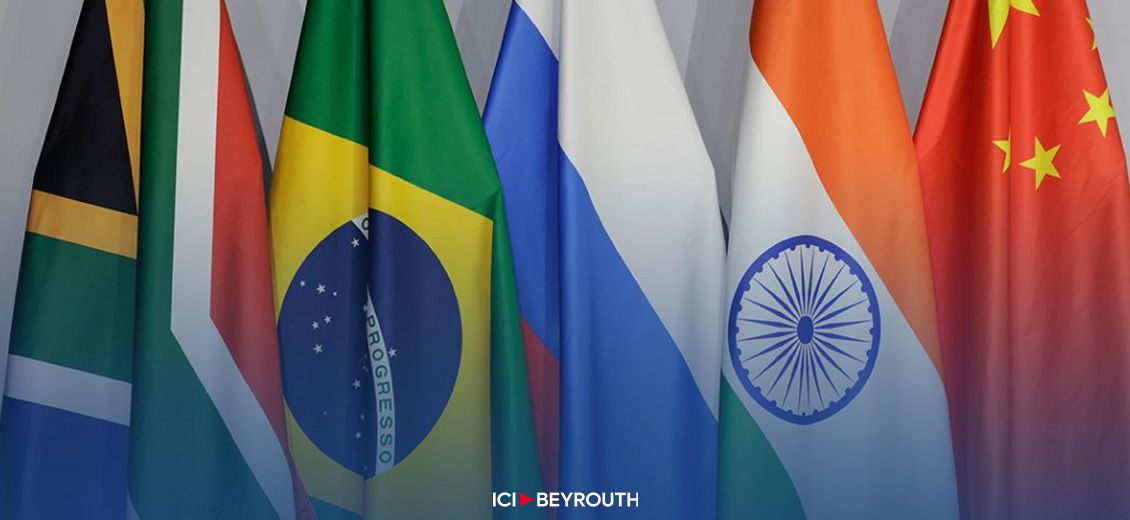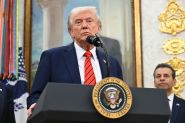- Home
- Middle East
- Brics Set to Meet Over Trump Trade Policies

©Ici beyrouth
Senior diplomats from BRICS countries will meet on Monday in Brazil to present a united front in the face of threats emerging from US President Donald Trump's aggressive trade policies.
The meeting comes at a critical moment for the world economy after the International Monetary Fund this week slashed growth forecasts over the impact of the American leader's sweeping new tariffs.
Diplomats from the trading bloc that includes current president Brazil, Russia, India, China and South Africa will meet for two days in Rio de Janeiro, as a precursor to a leaders summit in July.
"The ministers are negotiating a declaration aimed at reaffirming the centrality and importance of the multilateral trading system," Brazil's BRICS representative Mauricio Lyrio told reporters Saturday.
The group has expanded significantly since its inception in 2009 -- and now includes Iran, Egypt and the United Arab Emirates. It makes up nearly half of the global population and 39 percent of global GDP.
Trump since returning to the White House in January has hit dozens of countries with a blanket 10 percent tariff, but China faces levies of up to 145 percent on many products. Beijing has responded with duties of 125 percent on US goods.
Trump has threatened to impose 100 percent tariffs on BRICS countries if they undercut the US dollar.
Brazilian Foreign Minister Mauro Vieira will host the meeting that will be attended by Russia's Sergei Lavrov and China's Wang Yi among others.
It is scheduled to begin at around 11:00 am (1400 GMT) with a statement expected in the afternoon.
Climate change is expected to feature high on the agenda ahead of the United Nations COP30 climate summit in November hosted by Brazil in the Amazonian city of Belem.
The group is also likely to discuss the war in Ukraine, as Trump seeks to push Russia and Ukraine toward a peace agreement.
The BRICS will be joined for discussions on Tuesday by nine other "partner" countries, including several former Soviet states, as well as Cuba, Malaysia, Thailand, Uganda and Nigeria.
By Lucia LACURCIA/AFP
Read more



Comments